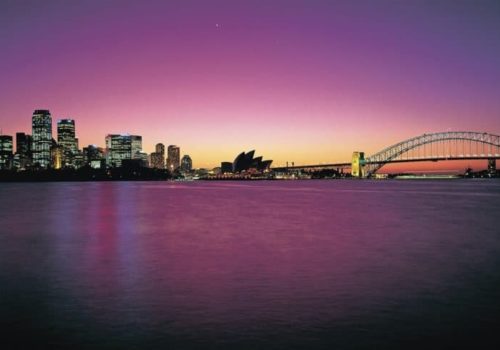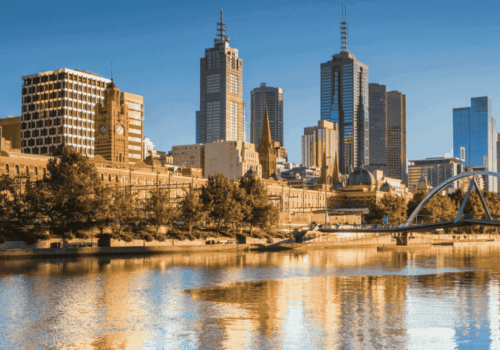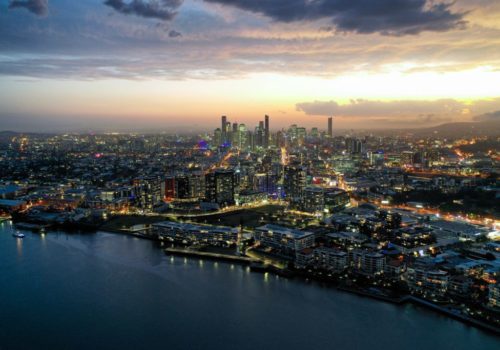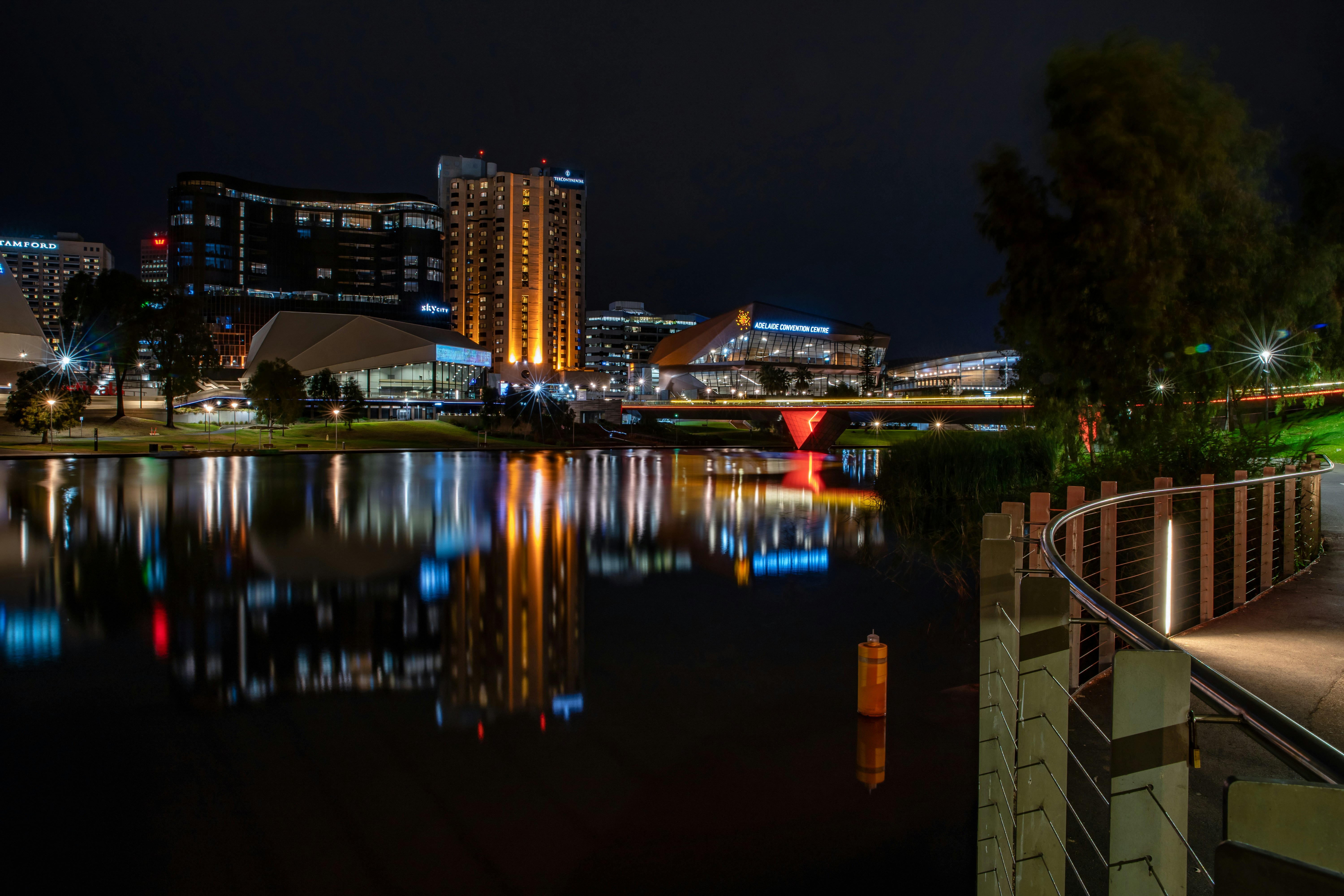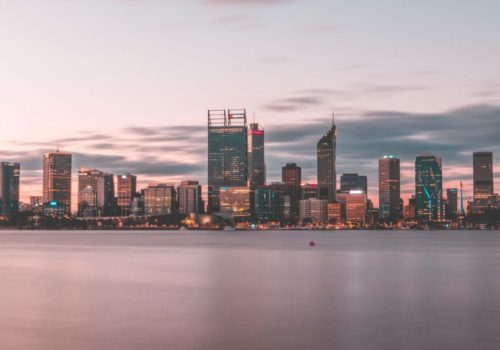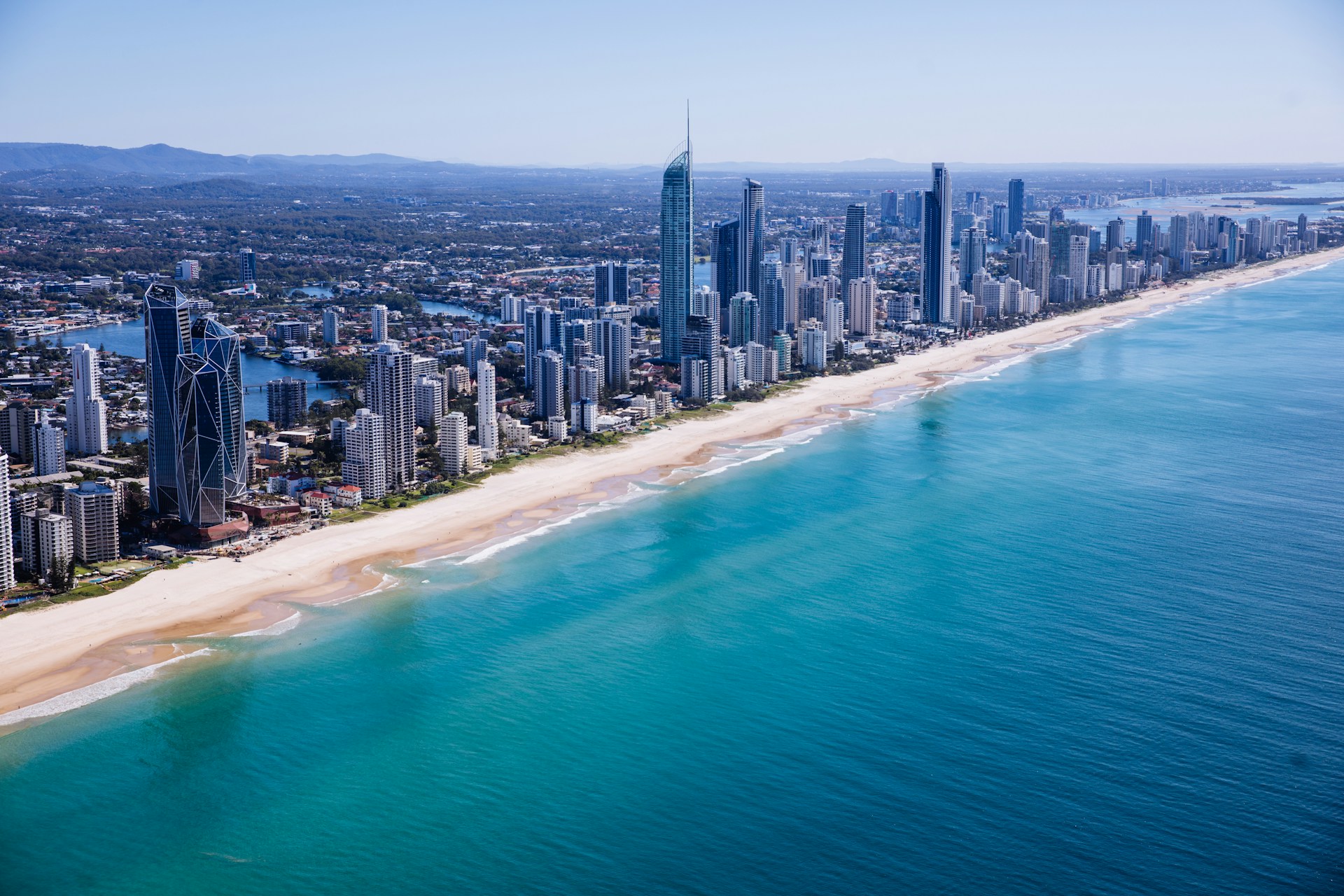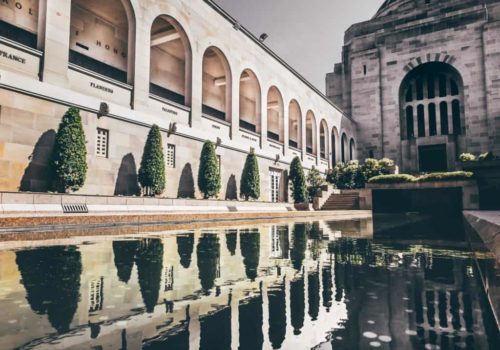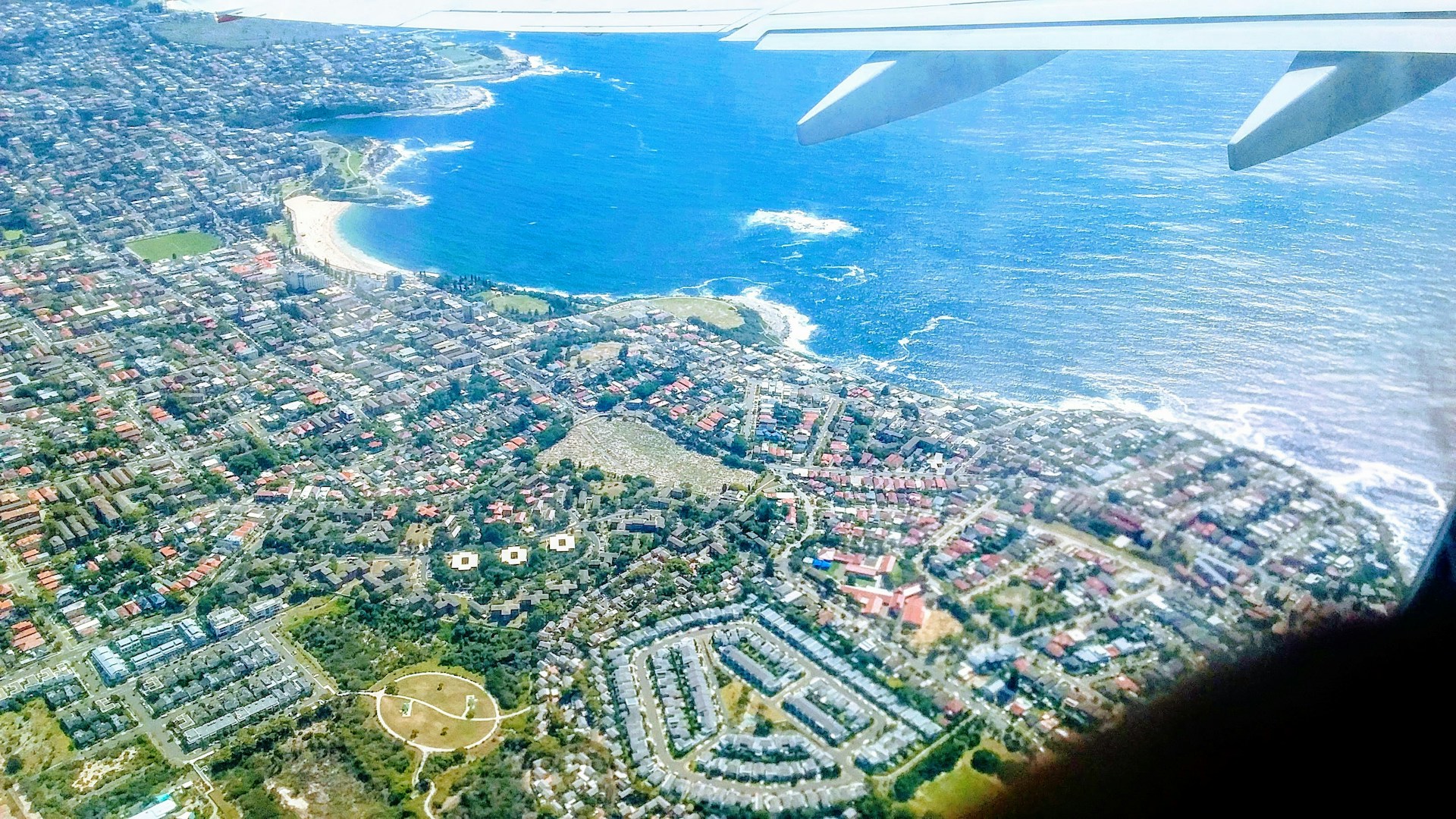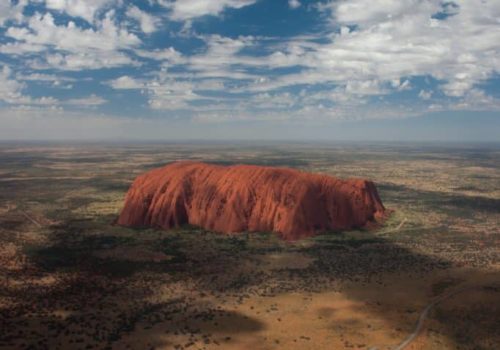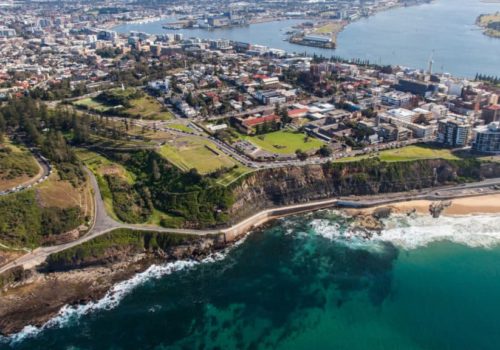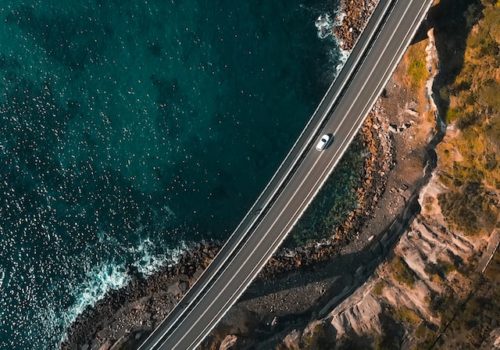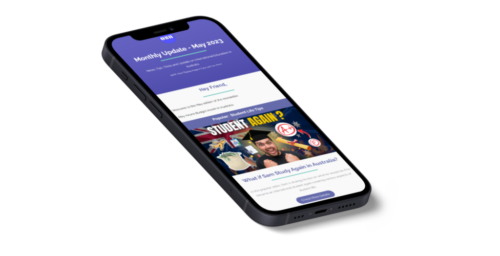EXPLORE OZ STUDY IN AUSTRALIA
📍 Capital
Canberra
🌆 Largest City
Sydney
📌 Area
7,692,024 km2
👪 Population
25.7 million
📐 Size
6th Largest
🌏 Location
Oceania
🎉 National Symbol
Kangaroo
🌼 National Flower
Golden Wattle
📱 Country Code
+61
💵 Currency
Australian Dollars
🗣 Language
English
🛫 National Airline
Qantas
💚💛 National Colours
Green & Gold
🤑 GDP Per Captia
$64,491
💰 Minimum Wage
$23.23 per hour
🕐 Timezone
AEST (Canberra)
🌐 Internet Domain
.AU
📮 Postal Services
Australia Post
👵 Life Expectancy
83.2 Years
🚘 Driving
Left Side
📌 Welcome to Australia
Every year millions of people come to Australia for various reasons like travelling, studying, working, migrating.
It is one of the most multicultural countries in the world with 26% of the population born overseas.
Australia is world’s 3rd most popular study destination for international students. From it’s top class universities to innovative workplaces to its natural beauty. Once you are here, you never want to go back!
So whether you are coming for studies or travel, this guide will cover details of basics that you must know about Australia.
🗣 Language
Australia does not have any official language. However, English is the most commonly spoken language.
🌥 Climate
Australia sees four seasons in one year except Northern Australia where there is only wet and dry season.
Australia is in the southern hemisphere, so all the seasons are reversed from countries in the northern hemisphere.
💵 Currency Used
The main currency of Australia (symbol:$ AUD) is the dollar and it comes in the denomination of $5, $10, $20, $50 and $100 notes. Coins are issued in denominations of 5c, 10c, 20c, 50c, $1 and $2
🏧 ATMs
Australia has one of the highest ATM densities in the world. You can easily find ATMs around Australia. You can also withdraw cash from places like supermarkets and convenience stores. A signage next to the ATM will usually indicate what cards are accepted.
💡 Did you know?
Australia’s first police force was made up of well behaved criminals
💳 Cards
Debit and Credit cards are widely accepted within Australia (at various venues like hotels, shops, and restaurants, travel agencies, etc.). Visa, MasterCard and Maestro are the most widely accepted. American Express is less common. Diners Club is pretty rare. Discover, JCB, UnionPay and RuPay are unknown.
💰 Tipping
Tipping is not usually expected in Australia but it is appreciated. The real reason for no tips is the good wages and salaries of the workers. However, if you liked the service provided and you would like to tip then ideally you should tip 10% of the bill for the staff.
🔌 Sockets
The power plugs and sockets are of type I in Australia. The standard voltage is 230 V and the standard frequency is 50 Hz
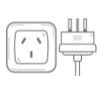
🌐 Internet
Internet speed in Australia is quite slow. Australia ranks 68th in the global internet speed rankings. Australia’s average speed for the downloads is 41.78 Mbps and 18.77 Mbps for the uploads. WiFi can easily accessible at various public places like libraries, city centers, restaurants, McDonald’s etc.
💡 Did you know?
The Australian Alps, or Snowy Mountains as they are also known, receive more snow than Switzerland.
📱 Phones
Australia uses 3G, 4G and in certain areas 5G networks to power mobile phone services. You can choose any providers like Telstra, Optus, Vodafone, Amaysim, Kogan, Aldi, TPG, Dodo etc. You can get a prepaid sim with 2GB data starting $10. You can also get a postpaid plan with a phone on a 12 to 36 months contract starting $60/month.
📞 Calling
To call Australia, dial +, then 61 (the country code for Australia), then the area code (without the initial 0) and the local number. For local calls within Australia, start with the area code (with the initial 0). In the case above area code is 2 .
🛣 Road Rules
Australians drive on the left side of the road. It is important to always carry your licence while driving in Australia. Penalties in Australia are quite high so be mindful of the road rules especially speed limits. Australian states and territories use 2 default speed limits: within built up areas 50 to 60 km/h and 100-110 km/h outside built up areas unless stated on the street signs otherwise.
🚌 Public Transport Etiquette
When boarding public transport, always give way to the exiting passengers first. If you are taking the escalator, always stand on the left hand side. Don’t try to jump the queue if people are lining up. Don’t eat food on public transport as you might even end up getting a fine. Ideally, you shouldn’t be talking too loud, whether on phone or in person.
💡 Did you know?
Kangaroo and Emu are on Coat of Arms as both animals can only move forward not backwards which is why they were chosen
🎓 Universities and Education
Australia is home to 43 universities with at least one university main campus based in each state or territory. There are more than 1200 institutions offering more than 22,000 courses to international students in Australia. In March 2020, more than 626,000 international students were studying in Australia.
👷 Jobs for Students
Australia has very low unemployment rate and so finding jobs for international students is not very difficult. Due to visa restrictions, international students tend to work in part-time job roles. Some of the popular industries among international students for jobs are hospitality, retail, constriction, cleaning, sales, farm work, etc.
🆘 Emergency
The universal number to call emergency services like Police, Ambulance and Fire Brigade. is 000. Calling to these number are free of charge. There are two secondary emergency call service numbers – 112 and 106 as well.
🚰 Tap Water
Drinking Tap water is perfectly fine in Australia. Having a water filter is not mandatory. You can drink water from public taps as well. Water gets filtered before they are being sent to any taps in Australia. Usually, there is a signage if the water is unsafe to drink in certain remote areas.
📲 Apps to Download
Before coming to Australia as a student, we suggest you download the following apps on your phone:
- Google Translate
- Google Maps
- Duolingo
- XE Currency
- Notion
- Meetup
- Gumtree
📋 Where to study in Australia? Discover Top student cities in Australia for international students
Newcastle
Wollongong
Geelong
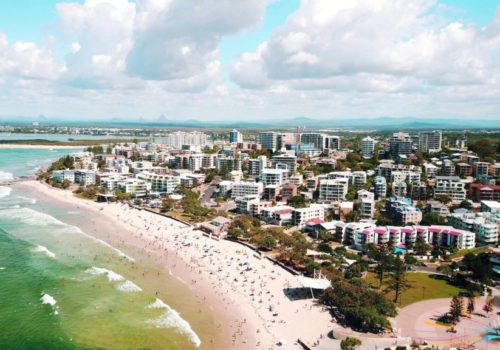
Sunshine Coast
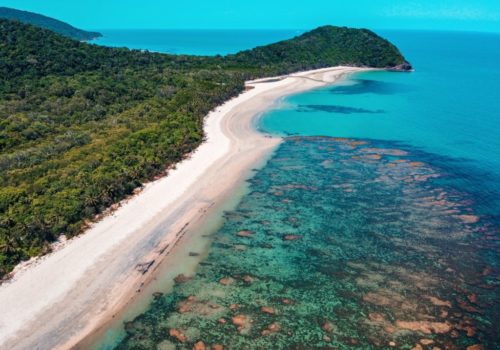
Cairns
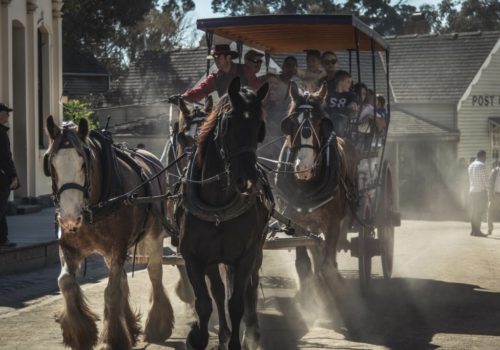
Ballarat
Australian Cities Map
Like to do some activities?
Here are out Top suggestions
